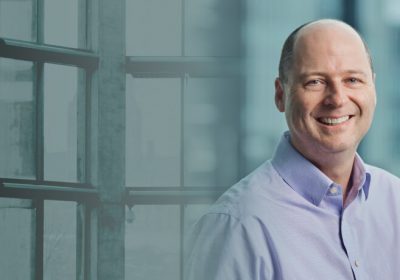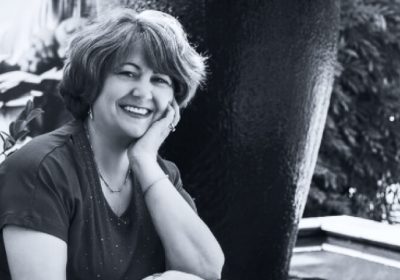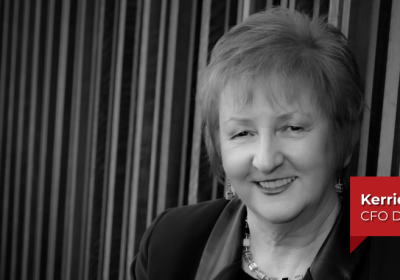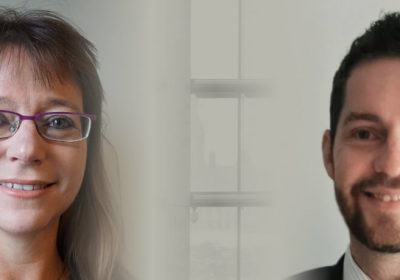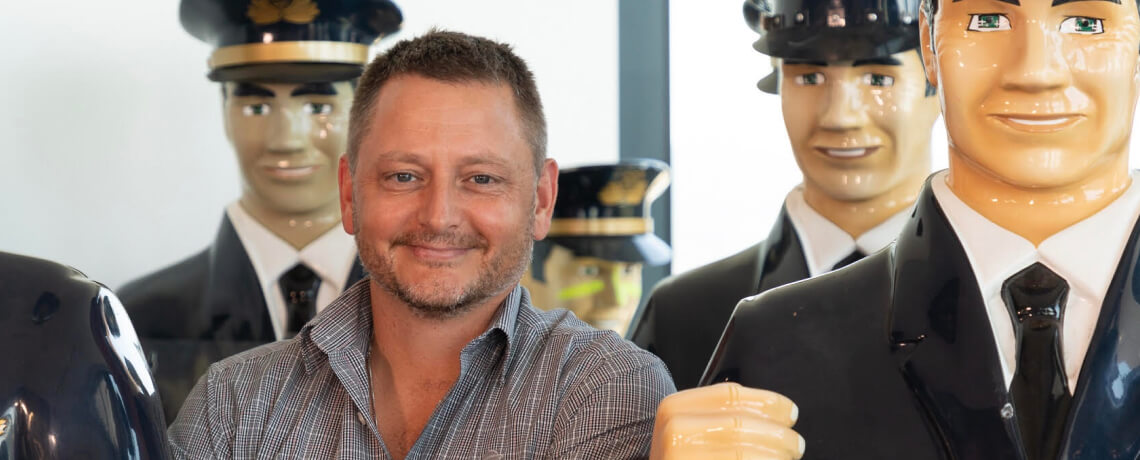
- Author: Alexandra Cain
- Posted: October 19, 2020
Flight Centre CFO on managing his toughest-ever year
By Alexandra Cain
Flight Centre Travel Group CFO Adam Campbell has had a year, very sad in parts, that would have been unimaginable 12 months ago.
While 2020 started as normal for the global travel agency, by mid-March actions by the federal government such as travel warnings and border closures prompted the business to set up war rooms that would prove essential as time went by. In the weeks that followed, Flight Centre would be forced to stand down two-thirds of its workforce and eventually implement redundancies. He says having to let so many people go was the worst thing he has had to endure in his career.
“When we knew what we had to do, we got together and worked out our guiding principles such as being compassionate, professional, transparent and respectful. It’s easy to sit with a spreadsheet and say these jobs need to go. But the decisions we have been forced to make have a direct impact on individuals and families, and it’s been really tough for all our people. At the same time, we have also had to make sure to keep the key talent we’re going to need as we come out the other side of this period.”
Campbell explains Flight Centre’s recruitment team worked hard finding alternative jobs for people who were stood down and also offered financial and mental health support. It also speaks measures about the business that through all this, Flight Centre’s first priority has been managing the pandemic’s potential impact on the health of its team.
Looking ahead
Fast forward to now and the business is still in a hibernation period. “We’re operating at about a third of our previous capacity. Moving forward, as government restrictions are lifted, we expect to bring back many of the employees who we had to stand down. But there is no doubt we’ll be a smaller organisation as we go forward. We are also going to be operating in an environment that is quite different. We expect many staff will continue to work remotely, which presents challenges and complexity around communication, collaboration and technology,” he says.
This also impacts Flight Centre’s ability to live its philosophy of family, village, tribe, given many staff won’t be physically working alongside each other. “We need to work out ways to make sure we continue to have that connectivity, which has been really strong for us over the years,” Campbell adds.
The business has been working with industry bodies and the government about the future of travel and tourism, and he says borders should re-open when it is safe to do so. “These decisions must be driven by the right health-related outcomes. But effective tracing mechanisms are probably more effective than border closures,” says Campbell, who notes while COVID-19 is likely to prompt permanent changes to travel, the sector is one that’s always been able to adapt to its environment.
“A lot of changes were put in place post September 11, particularly in the airline industry around safety. There’s no doubt there’ll be similar changes made as a result of this pandemic through the airline and cruise industry and in hotels. But this industry is innovative. We’re already seeing trials of rapid COVID testing techniques at airports before or after you board a flight. But it will take a while for the industry to get back to pre-COVID levels. We think that’s at least another three years away.”
Adam Campbell, CFO | Flight Centre Travel Group
Finance focus
In terms of the changes that have occurred in Flight Centre’s finance function, Campbell says the team has had to accept it can’t action everything it wants to right now.
“We’ve had to focus on what’s important and be realistic about what we can’t do now given we have fewer people in the team and less resources. At the same time, there’s a pressing need in finance for information and data. One of the positives that has come out of this is an opportunity to prioritise our time and money.”
He says the business also has a renewed emphasis on non-financial assets like culture and customers. “We’ve kept them at the forefront of everything we do, to make sure the decisions we’ve had to make help support our important relationships. As a company, we’ve really focused on keeping our people up to date on what our strategies are and how we’re progressing against them and celebrating successes when we can.”
For example, it switched its annual global gathering to a virtual event and gave all staff, even those who were stood down, the opportunity to hear the leadership team talk about strategy. It now intends to offer this in future years even when the global gathering becomes a face to face event once again.
Campbell says despite the tough trading environment, Flight Centre has learned a lot through this period. “There’s nothing like a burning bridge to force you to make some really hard but necessary decisions. The question is how we continue this approach without having to have a pandemic. I’m not sure I have the answer, but it’s something I want to investigate as we come out of this period.”
He also says the business has a newfound sense of appreciation that vulnerable leadership is strong leadership. “We’ve had to make some of the hardest decisions. But we haven’t been afraid to make sure people understand how hard those decisions were, and that a sense of vulnerability in leadership is a strong trait to have. We made the decisions we made with the right guiding principles, reasons, and outcomes in mind. I would have done some things quicker and in some instances, we could have communicated even more than we did. But I wouldn’t change the essence of what we did.”
As for now, Flight Centre is reviewing its strategies and operating models to ensure they are calibrated for the future. “We’ll look to scale up once borders open and government restrictions relax. We are in a position to turn this period into a positive and come out of it stronger than we were going into it. And bringing everyone along on that journey is really important for us.”



